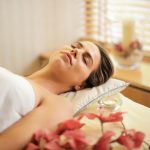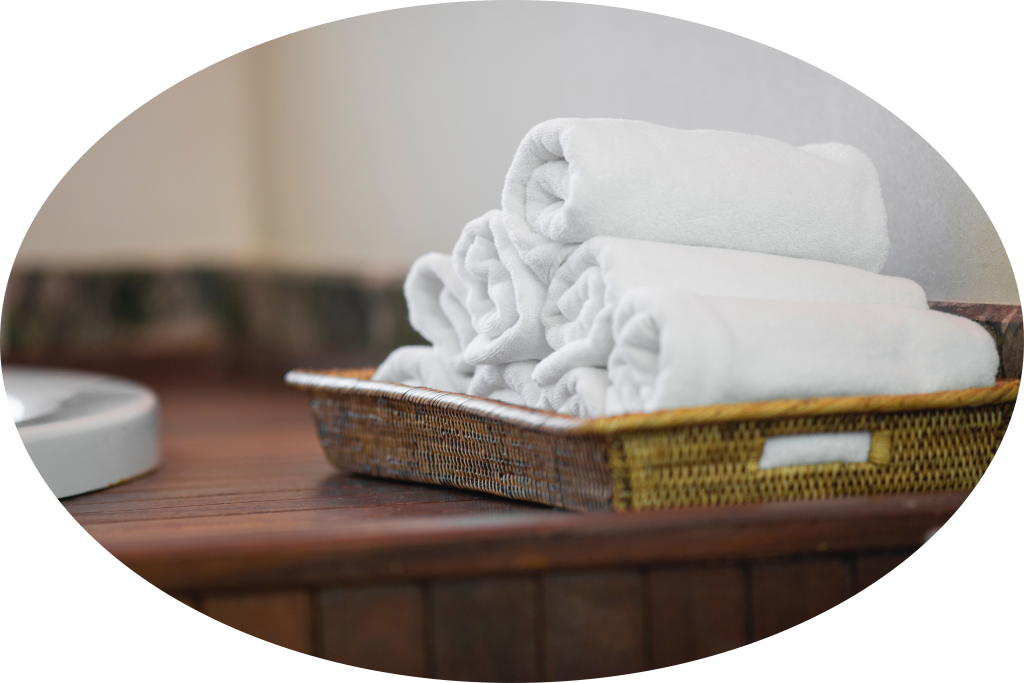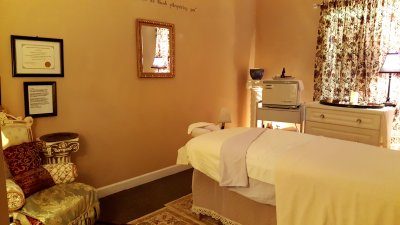
Lymphatic Massage Therapy
Lymphatic massage is designed to relieve muscle tension and improve a person’s blood flow. This is a relaxing traditional massage session.

Orlando Massage Therapist
Kathleen Louise Quinlan with Transformational Heart and Soul Healing is a nationally certified Licensed massage therapist, LMT (MA-34322).

Massage Therapy in the Wekiwa Springs Area
Providing a therapeutic massage using traditional healing massage therapy and Advanced Thai Sen Sib Lines Healing (levels I, II, & III) as well.

Hypnosis
Offering Hypnotherapy Sessions daily for first-time customers.

Massage
We have plenty to massage options to choose from.

Intuitive Healing
Massage Therapy + Healing Sessions Available.

Energy Healing Sessions
Blockage & Soul Clearing Therapy Sessions Available.
Wekiwa Springs Transformational Heart and Soul Healing Massage
Here is a quick overview of some of our services:
– Lymphatic Massage Therapy
– Traditional Massage (Swedish)
– Sound Table Massage Therapy
– Advanced Cranial Therapy
– Prenatal Massage
– Trigger Pain Point Massage Therapy
– Intuitive Healing Sessions – Massage + Healing
– Energy Healing Sessions – Massage with Soul Clearing
Remember that Massage can have benefits such as:
– Physical relaxation
– Improved circulation – therefore it can help to nourish cells and improve waste elimination
– Relief for tight muscles ( also known by many as ‘knots’)
– Relief from ongoing aches and pains
– Release of nerve compressions such as carpal tunnel and sciatica
– Greater flexibility and range of motion
– Enhancing your energy and vitality

Learn About Wekiwa Springs Now
Forty-two million gallons of crystal-clear water flow each day from Wekiwa Springs into Wekiwa Springs Run. The run joins with Rock Springs Run to form the beautiful upper Wekiva River. Creeks, later called Seminoles, are the most recent Native Americans to have lived here. Wekiwa means “spring of water” and Wekiva means “flowing water” in the Creek language. Recreational activities have always been a part of the area.
Since its discovery in the 1860s, Wekiwa Springs (originally called Clay Springs after the property owner) has been an attraction drawing visitors to the area. With a hotel and bathhouse complex established at the spring in the 1890s, Wekiwa Springs is the first tourist attraction in central Florida, more than 70 years before the opening of Walt Disney World in Florida, if not the state.
Other Florida tourist attractions like Silver River, Rainbow Springs, and Weeki Wachee were developed between 1920 and 1950.
The largest and most prominent structure was the bathhouse, where swimmers would change into their swimsuits. In an attempt to draw Northerners to the area and promote tourism, the springs were touted as medicinal waters that would cure an assortment of ailments.

Today the hotel and boathouse are gone but several hundred thousand local, national and international visitors are drawn to the park every year to enjoy the spring.
The Apopka Sportsman Club bought the land that is presently Wekiwa Springs State Park in 1941 from the Wilson Cypress Company, which logged the land for hardwoods, cypress and pine.
The Apopka Sportsman Club used the land for hunting and fishing until 1969 when they sold it to the state of Florida to become Wekiwa Springs State Park. The club built several hunting cabins on the property, most of which are no longer in existence but have been turned into primitive camping sites. One cabin remains and serves as a ranger residence.
The first Ranger Academy was held at O’Leno State Park in 1972. In 1977, Ranger Academy was moved to Wekiwa Springs State Park, where it has been held ever since.
The National Wild and Scenic Rivers System was created by Congress in 1968 and signed into law by President Lyndon Johnson on the 2nd of October to preserve certain rivers with outstanding natural, cultural and recreational values in a free-flowing condition for the enjoyment of present and future generations. The act is notable for safeguarding the special character of these rivers, while also recognizing the potential for their appropriate use and development. It encourages river management that crosses political boundaries and promotes public participation in developing goals for river protection.
The act protects the Wekiva River from its confluence with the St. Johns River to Wekiwa Springs, Rock Springs Run from its headwaters at Rock Springs to the confluence with the Wekiwa Springs Run, and Blackwater Creek from the outflow of Lake Norris to the confluence with the Wekiva River.
